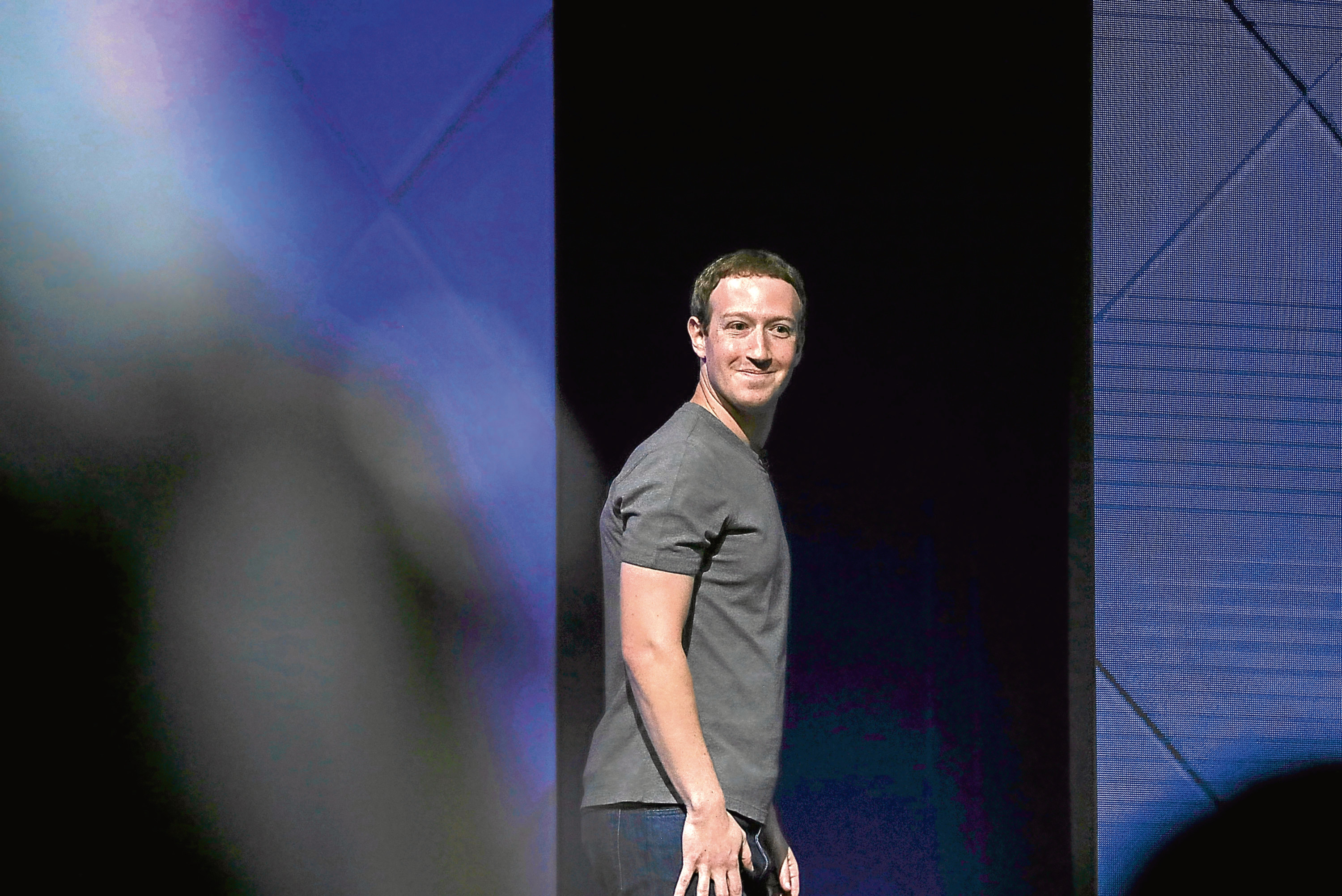
SIR ELTON JOHN famously crooned “sorry seems to be the hardest word”.
When it comes Facebook founder Mark Zuckerberg he may well have a point, given that it took the billionaire nearly five days to crawl out from his cyber-bunker and apologise for his social network’s “mistakes” and “breach of trust”.
This, of course, came after it was discovered that more than 50 million Facebook users had unknowingly had their data harvested and exploited by the UK-based tech firm Cambridge Analytica.
The company is accused of using that data to influence the US presidential election in 2016, helping Donald Trump batter his way into the White House on a wave of ‘fake news’ spread through social media.
The proud boasts by Cambridge Analytica’s CEO Alexander Nix, recorded by hidden cameras, were also truly terrifying, as he appeared to suggest tactics his company could use to discredit politicians online.
But it’s the invasion of privacy that really gets me here.
The fact that an online app could gather so much personal information about an individual from Facebook without their knowledge, and so quickly and accurately use those findings to influence someone’s voting intentions in a democratic election should have us all worried.
At what point does it become safe to even turn your computer on and look at your emails or social media platforms when they can be so easily hacked, tracked and harvested by companies and politicians?
Zuckerberg has belatedly said sorry and is happy to testify before Congress, saying it’s the right thing to do.
He also promised to make it harder for apps to harvest information and acknowledged that Facebook had a responsibility to protect your data.
Well, it’s all too little, far too late as far as I’m concerned.
The horse has bolted and the stable doors still remain open.
And you have to ask yourself why Facebook did so little about it before this week’s exposé?
Why weren’t the rules governing users’ consent tightened from the very start?
And, more to the point – and it’s a question our Government also needs to answer – why were Facebook auditors allowed into Cambridge Analytica’s headquarters on the day the story broke while a team of our Government’s own regulators were kept waiting for days for a warrant to be issued?
We, of course, all know the answer – money. Tens of billions of it lost overnight on the stock exchange is the real reason why Zuckerberg broke cover and is now promising to clean up and secure Facebook.
Well, as much as I don’t trust and don’t like computers, I now trust and like Zuckerberg and the cronies at Cambridge Analytica even less.

Enjoy the convenience of having The Sunday Post delivered as a digital ePaper straight to your smartphone, tablet or computer.
Subscribe for only £5.49 a month and enjoy all the benefits of the printed paper as a digital replica.
Subscribe